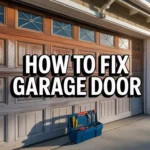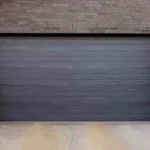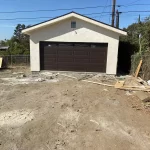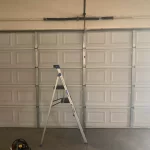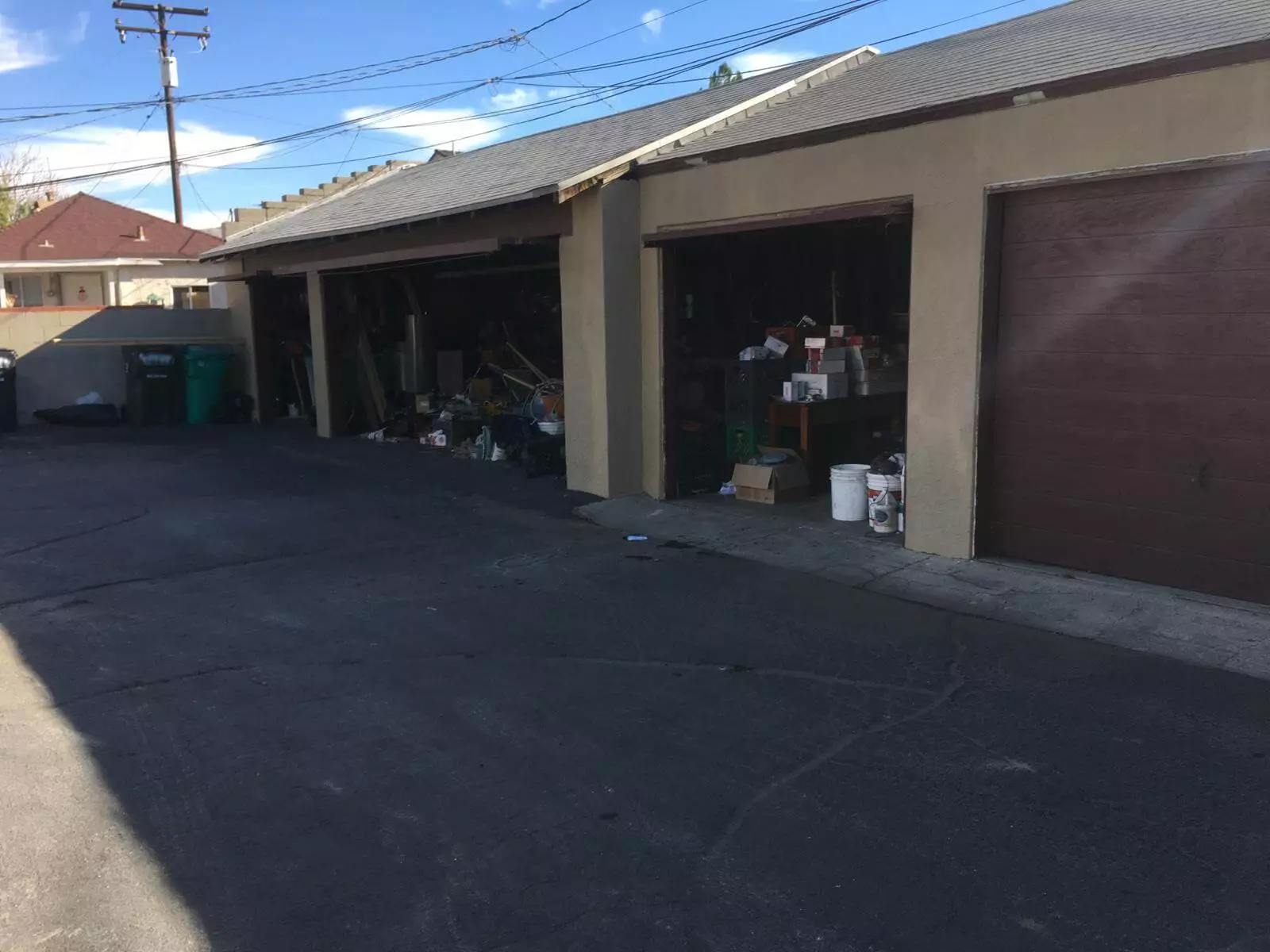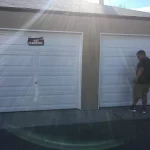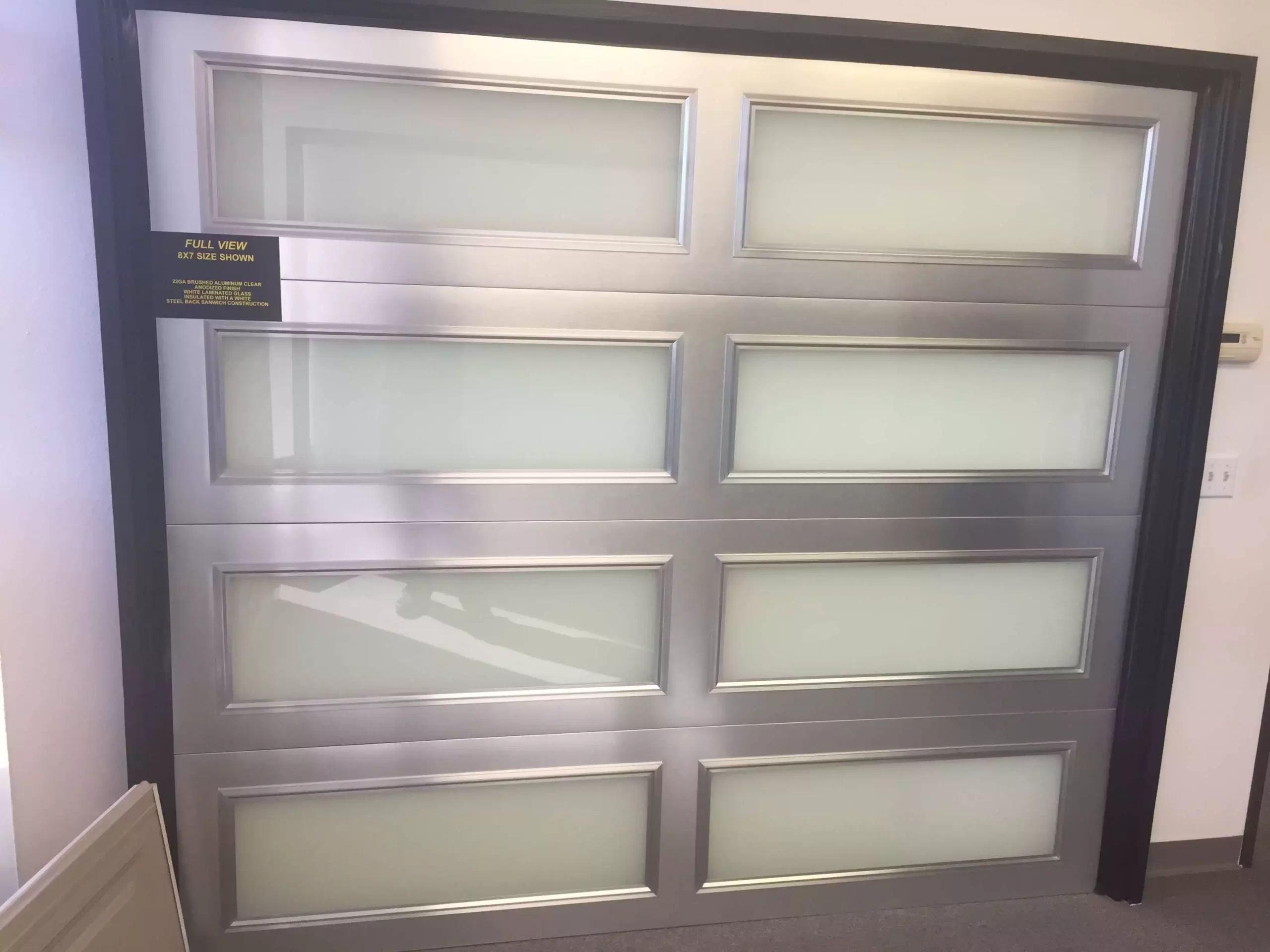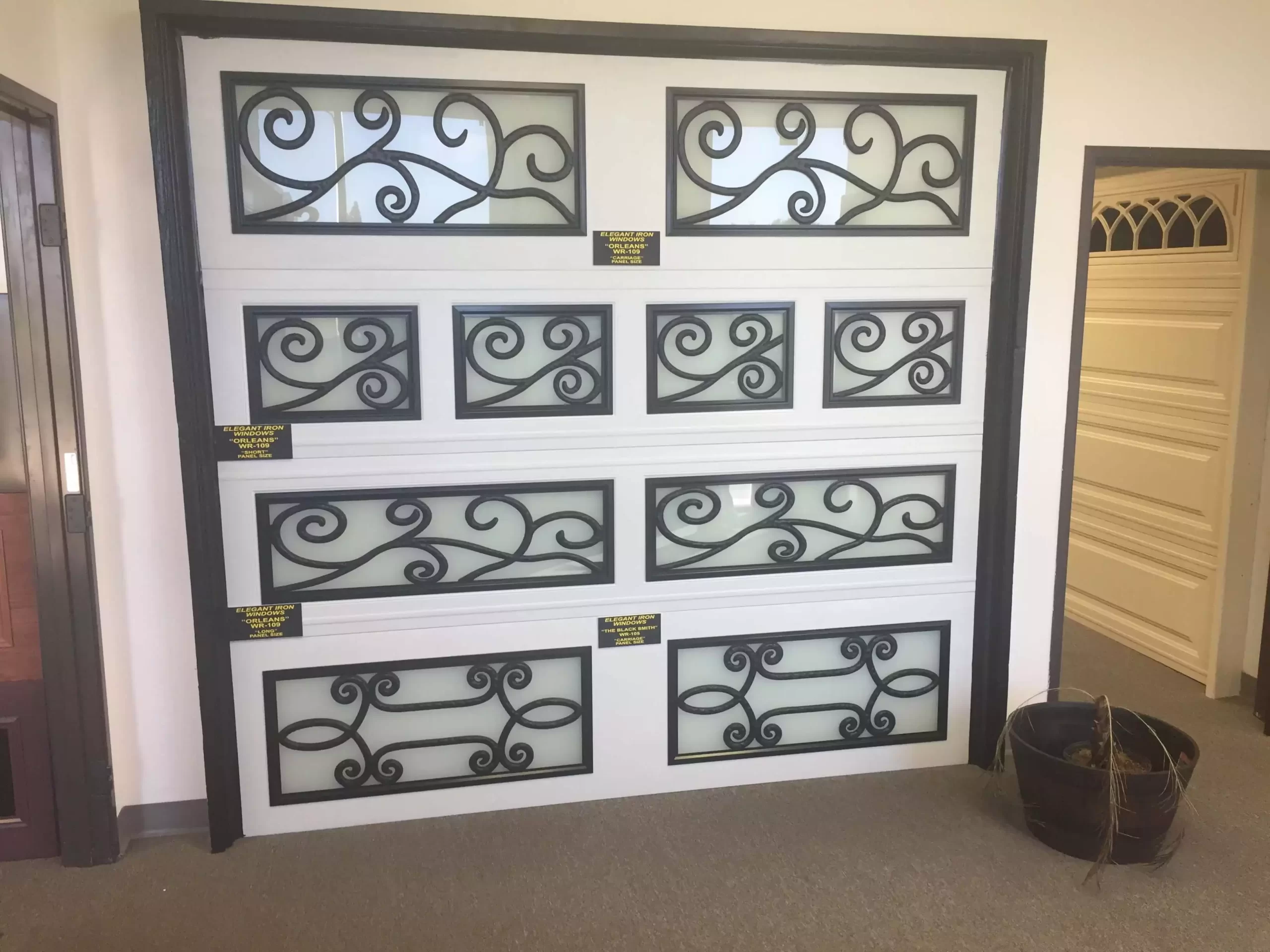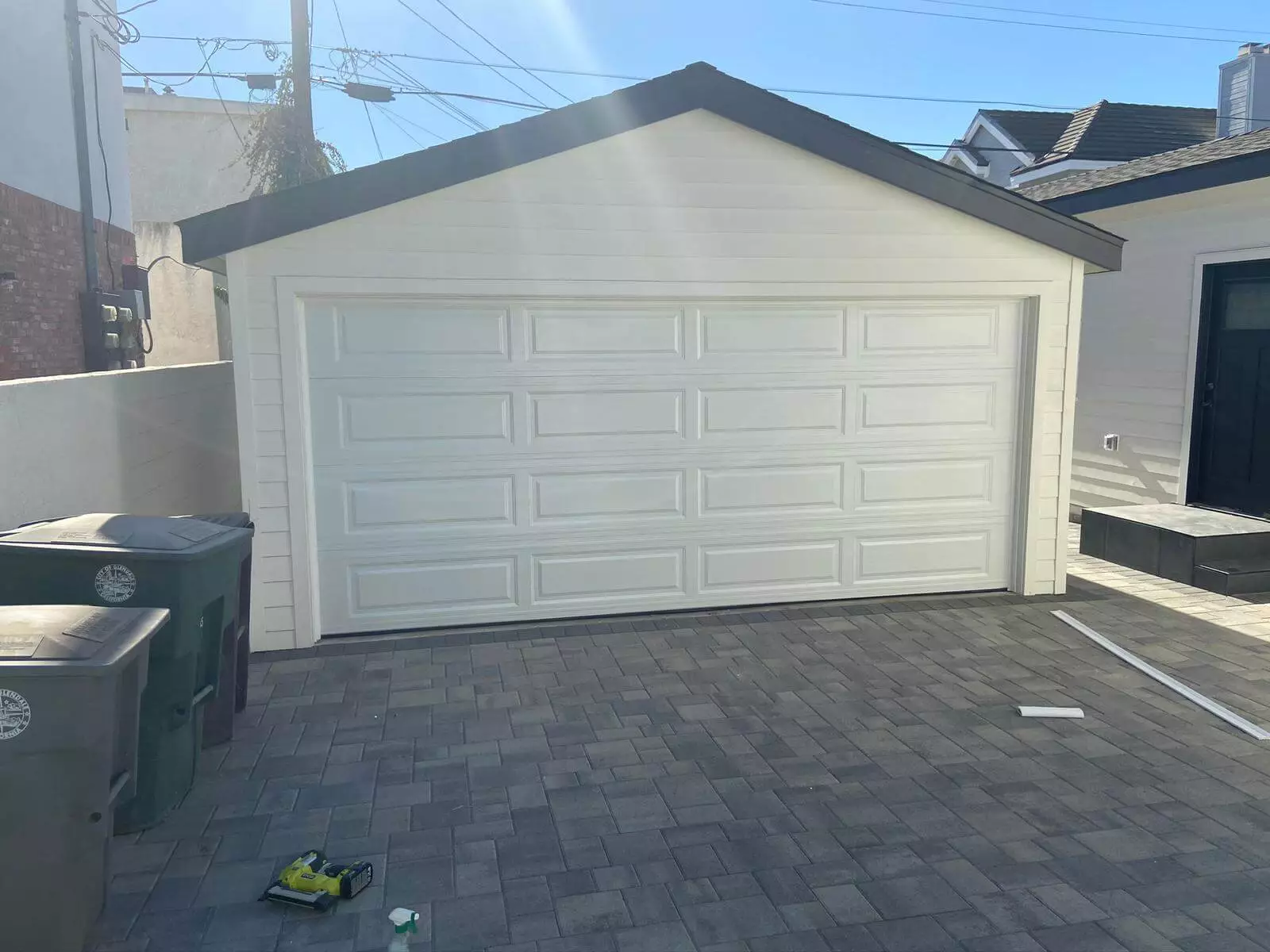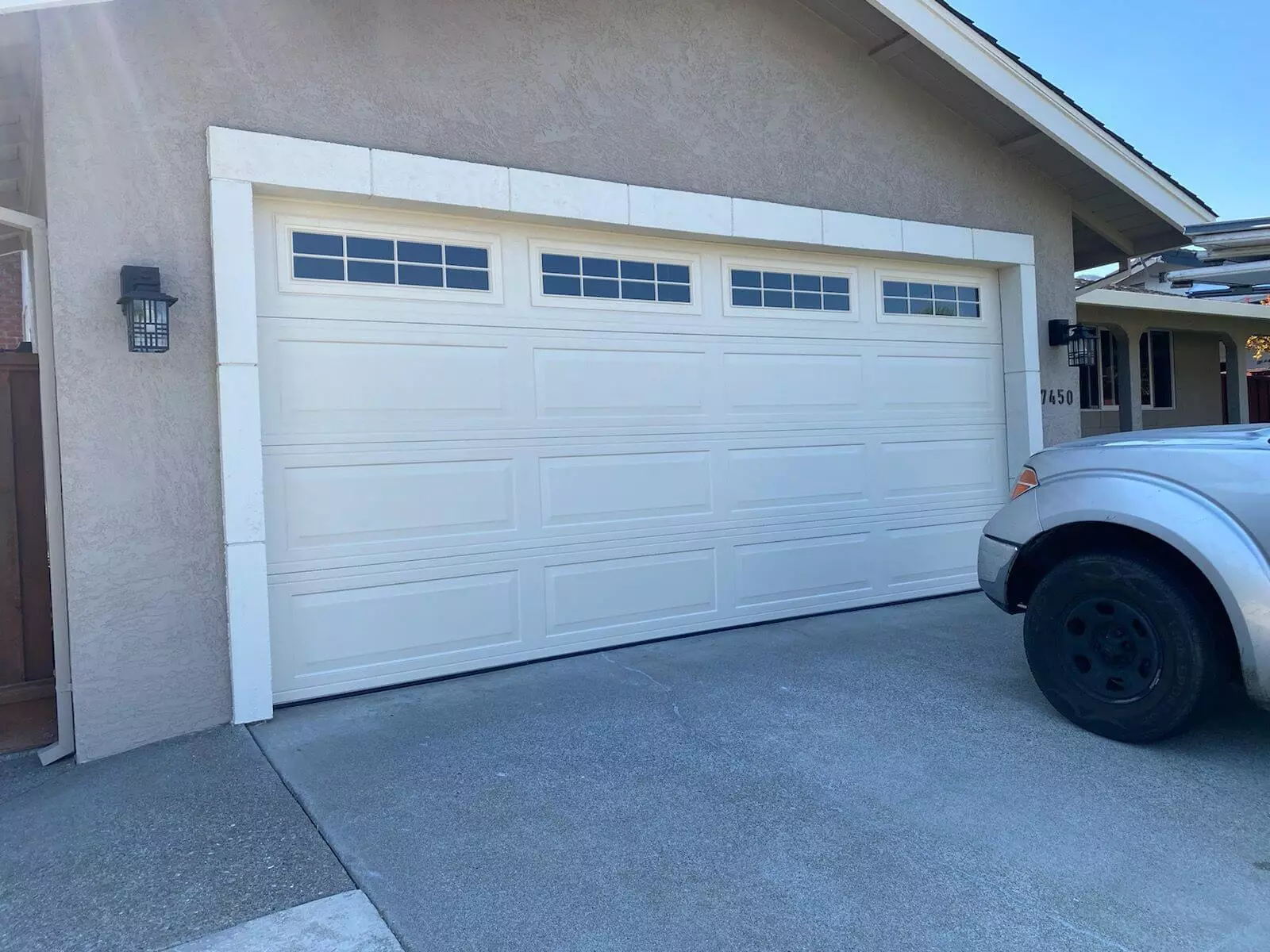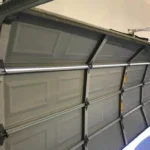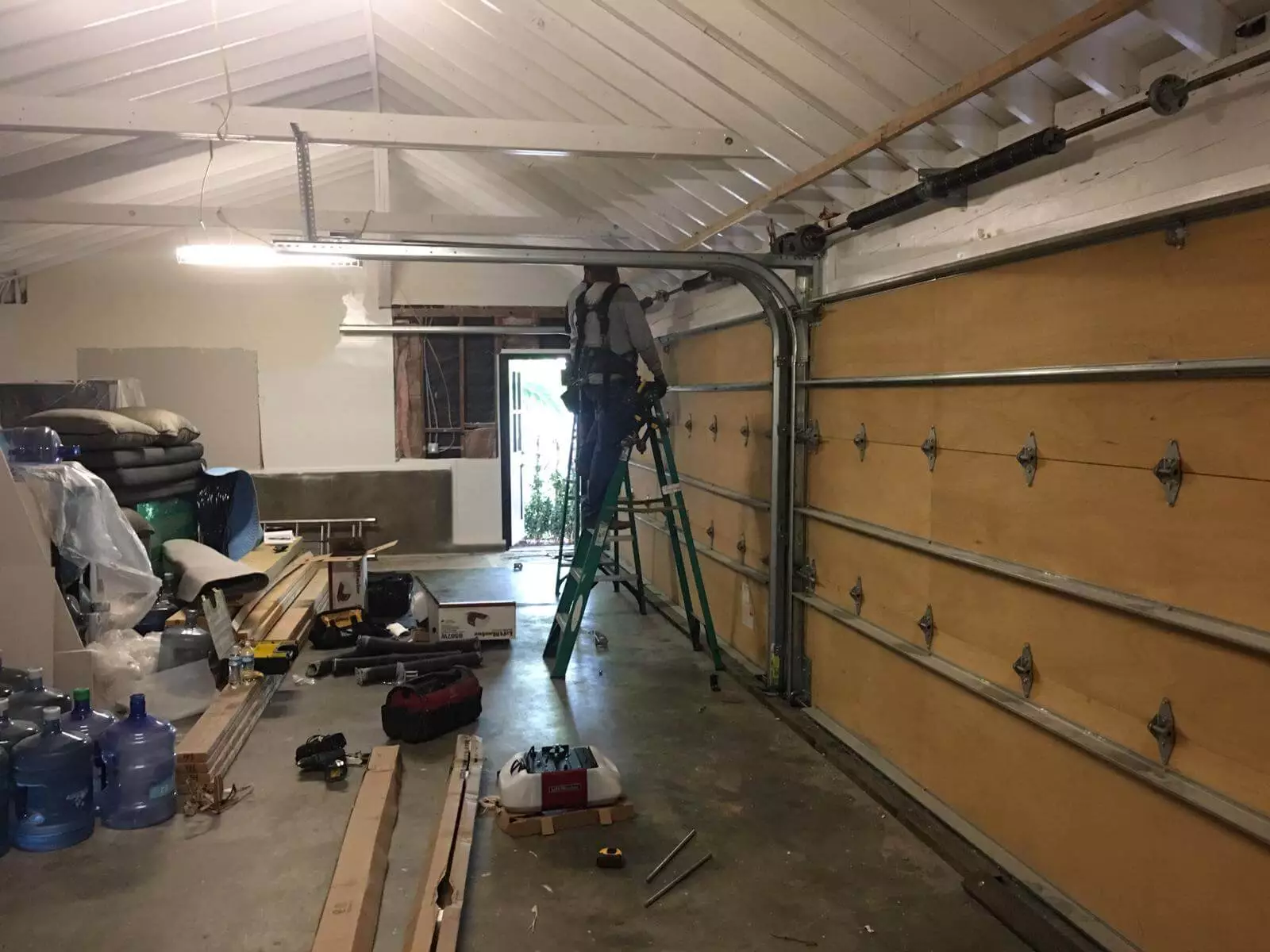Ever wonder why your garage door started making strange noises? While it can be alarming, often the solutions are fairly straightforward. In this post, we’ll explore some of the most common causes of noisy garage doors and how to remedy them without needing a full Garage Door Repair in Carrollton.
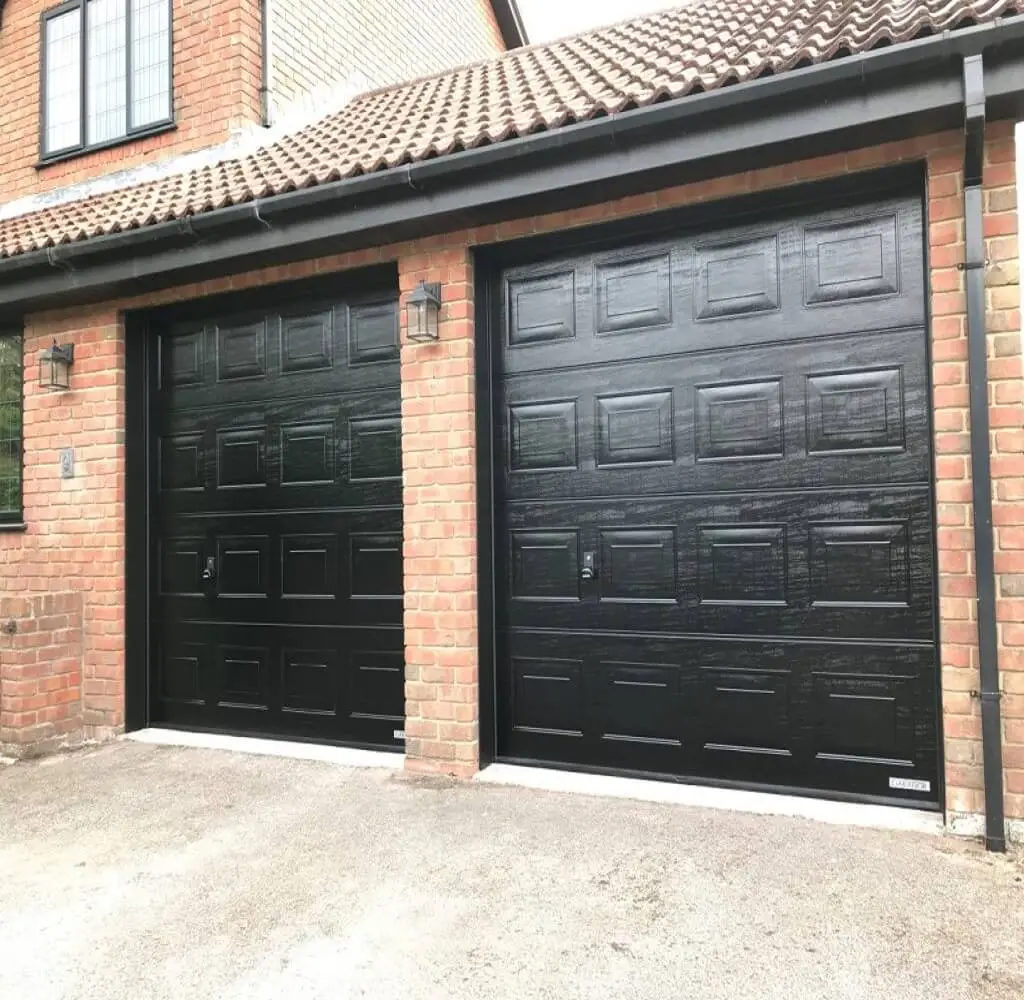
Content
The Basics of a Well-functioning Garage Door
Before diagnosing noises, it’s helpful to understand the basic components and mechanics of a garage door. At its simplest, a garage door comprises several horizontal panels hinged together that roll up along tracks on the ceiling. As the door opens and closes, various moving parts like rollers, hinges, cables, springs, and bearings all work in unison. When one component starts to wear down or fails, it can cause friction that results in unwanted noise.
Loose or Worn Rollers
The rollers on the bottom of each garage door panel travel along a track as the door opens and closes. Over time, these nylon or plastic rollers can loosen on their metal mounting brackets or simply wear out. Loose or worn rollers make noise as they grind against the track. To fix:
- Inspect rollers and tighten mounting bolts if loose. Replace any worn rollers.
- Make sure tracks are clean of debris for smooth rolling action.
Squeaky or Sticky Hinges
The pressed steel hinges that connect each garage door panel together can develop play or friction when lubrication breaks down. This causes that annoying squeaking sound. To remedy:
- Apply a lubricant like silicone or graphite lubricant spray generously to hinge surfaces. Work lid back and forth while spraying to distribute.
- For rusted hinges, consider replacing instead of just lubricating. New hinges will provide long-term noise suppression.
Loose Mounting Hardware
Over the years, the metal brackets and mounting hardware that anchor the entire garage door assembly to the wall can loosen due to vibration. Listen for a low knocking sound each time the door starts and stops moving:
- Tighten any mounting bolts, screws or lag bolts that have loosened using an open-end or box wrench.
- For wall-mounted tracks, tighten mounting brackets to the ceiling as well.
Dry or Broken Cables and Springs
The garage door counterbalance system comprises metal torsion or extension springs plus steel cables. Without adequate lubrication, these parts can start to bind and squeak under pressure:
- Inspect cables for signs of rust or fraying. Cables should slide smoothly in their pulley tracks.
- Lubricate springs via grease fitting if present. On older springs, a dry Teflon-based lubricant spray works.
- Be very careful when lubricating or handling springs, as broken or improperly adjusted springs pose risk of injury. It may be best to call a professional for these repairs.
Weather Stripping Needs Replacement
On older doors, the rubber or vinyl weather sealing around the perimeter may have hardened, cracked, or fallen away. This allows light and noise in where it’s not wanted:
- Inspect weather stripping and replace any damaged sections. Quality replacements are affordable and available at home stores.
- Proper weather stripping helps reduce noise transfer as well as air and debris infiltration into the garage. It pays to maintain good seals.
With a little care and regular inspection of key components, most noisy garage door problems have affordable DIY solutions to restore quiet, smooth operation. When in doubt, consult the owner’s manual or contact a local garage door professional like “Garage Door Repair in Carrollton” for troublesome issues beyond basic adjustments and lubrication. Taking action right away prevents further deterioration too. With some simple steps, you can silence noisy doors and keep them running well for years to come.

Shery Walls is a dedicated home blogger who has been blogging for over six years. She covers everything home related. Shery also loves writing posts about her travels to Europe with her husband and two children.

